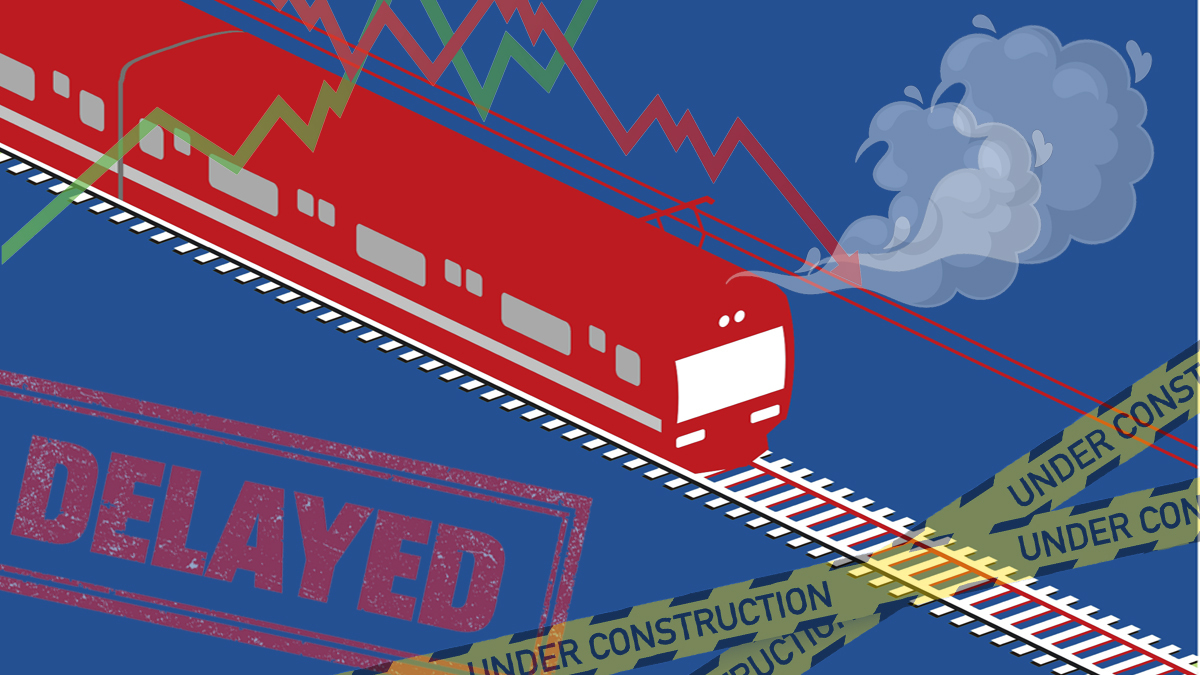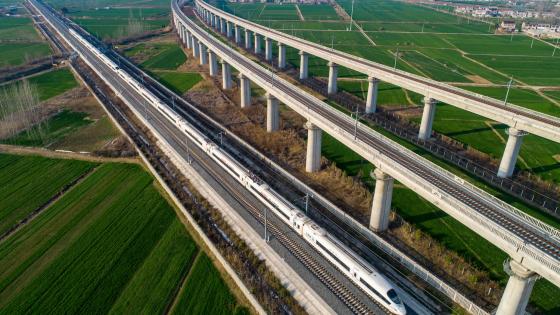





The U.S. freight and commuter rail industries are grappling with significant liability and property risk issues, further complicated by underinvestment and governance challenges [d3029b73]. Freight railroads face the threat of nuclear verdicts and natural catastrophes, while commuter rail agencies are struggling with excess liability capacity. The 2023 East Palestine derailment, which resulted in a staggering $600 million settlement, has underscored the vulnerabilities within the rail sector [d3029b73]. Despite these challenges, the rail industry ended 2024 strongly, with intermodal volumes reaching their third-highest annual figures, driven by robust consumer spending and a strong labor market, averaging 186,000 new jobs per month [a903cbee]. In 2023, 32 commuter rail agencies provided 316 million trips, highlighting the importance of reliable rail services for public transportation [d3029b73].
In South America, railroads are embracing intermodalism to promote economic development and sustainability [4e40b7ba]. The decline of rail networks in countries like Argentina has emphasized the need for railway administrations to connect companies, universities, and governments to achieve efficiency and innovation in intermodal transportation. Learning from successful intermodal integration in North America could help improve South American rail systems. Meanwhile, China's high-speed rail network has proven to be a catalyst for export growth, with investments in transportation networks boosting export volumes and facilitating interaction between exporting firms [de596663].
Arlington Mayor Jim Ross has expressed strong support for a proposed high-speed rail line that could run through his city, viewing it as an economic game changer that would enhance tourism and job creation in North Texas [943678c4]. He believes the project is feasible and economically viable, with both government and private funding available. As planning for the rail line progresses, decisions on the operator and funding are still pending, but Ross sees this initiative as a significant step toward modernizing Texas' transportation infrastructure.
In the U.S., however, the rail industry continues to suffer from underinvestment and poor governance, leading to delays, derailments, and environmental catastrophes [4424611a]. The focus on the operating ratio as a measure of efficiency has resulted in neglect of maintenance and capital investment, creating a less reliable rail network. The implementation of precision-scheduled railroading (PSR) has primarily relied on cost-cutting measures, which have not addressed the underlying issues of service disruptions and embargoes. Shareholders are urged to recognize that the current regime is not profit-maximizing and should invest in infrastructure and working conditions. Public investments in rail infrastructure are essential to address coordination failures and reduce externalities, ensuring a more reliable, efficient, and sustainable rail network [4424611a]. The Association of American Railroads (AAR) has highlighted potential shifts in fiscal policy, trade, immigration, taxation, and regulatory frameworks as 2025 approaches, emphasizing the importance of policy interplay in sustaining consumer spending and rail growth [a903cbee].